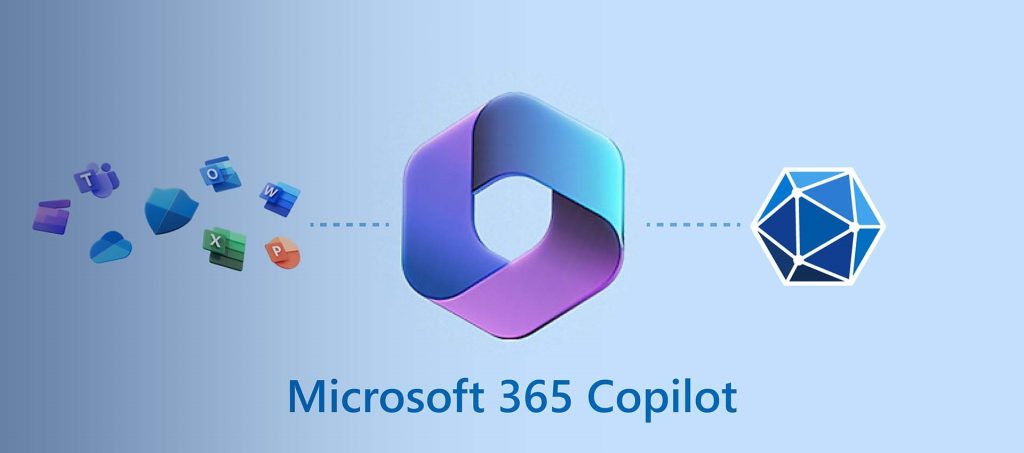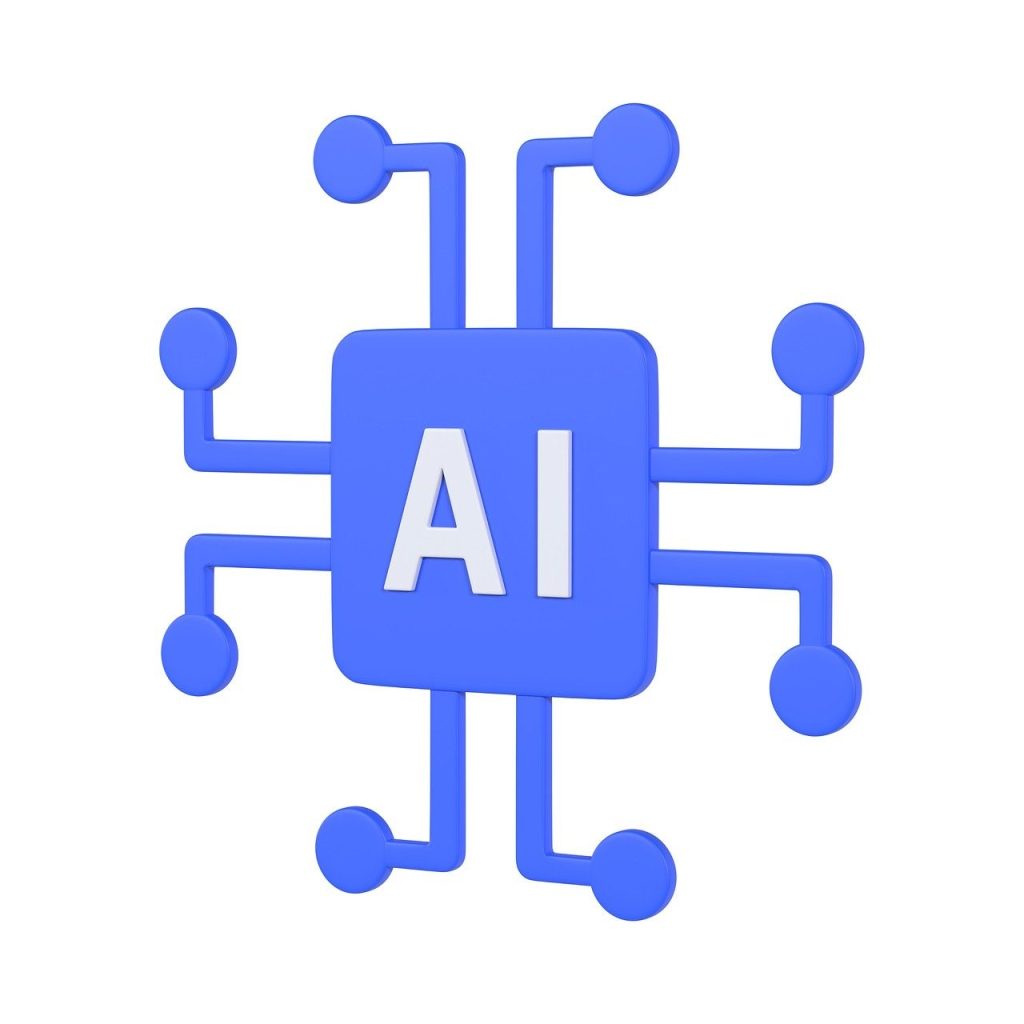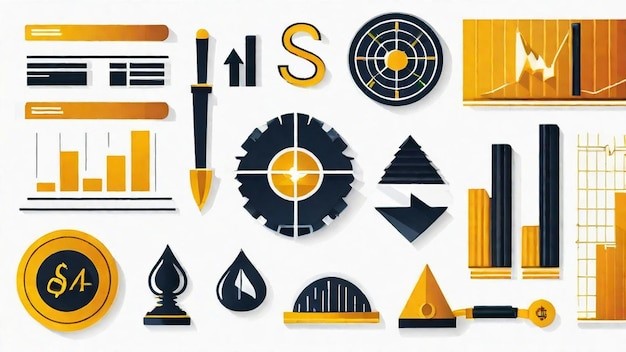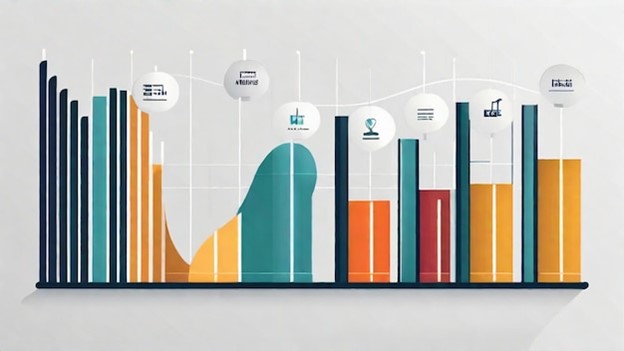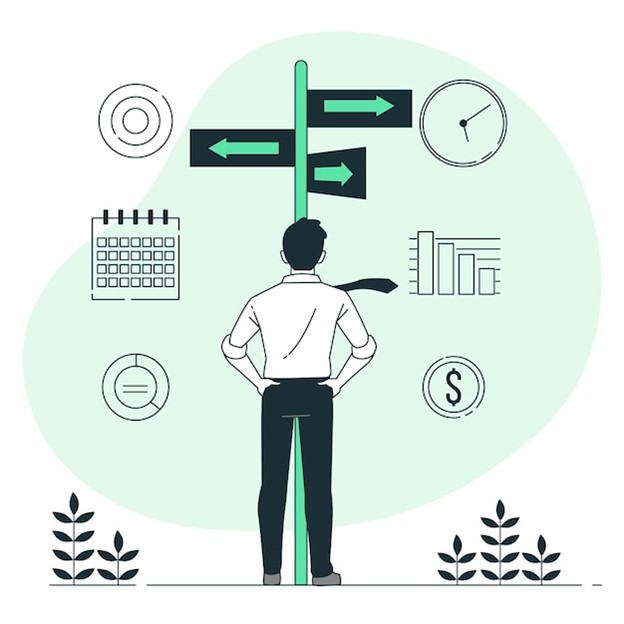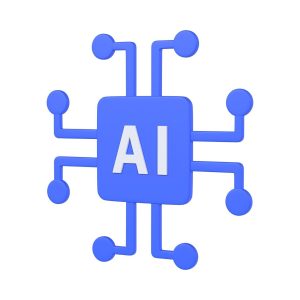2030 is Being Realized through Technology Advancements
As the world continues to progress in different sectors, so does technology, and its impact on different sectors of the economy cannot be overemphasized. Saudi Arabia, a country known for its rich oil reserves, has set its visions on a new era of economic diversification with the launch of SAUDI Vision 2030. The vision aims to transform the country’s economy by investing in technology and innovation to reduce its dependence on oil. In this article, we will discuss the role of technology in achieving SAUDI Vision 2030 and how technology advancements are driving progress.
Introduction to Saudi Arabia’s Vision 2030
Saudi Arabia’s Vision 2030 is a strategic plan for the future of the country that was launched by His Highness Crown Prince Mohammed bin Salman in 2016. The plan’s main objective is to transform the Saudi Arabian economy and society so that it is less reliant on oil exports and more diversified. The ultimate goal is to make Saudi Arabia a global leader in various sectors such as healthcare, education, tourism, and technology. The plan intends to create job opportunities for its citizens, improve the quality of life, and increase non-oil revenues by attracting foreign investments.
The Role of Technology in Vision 2030
Technology is one of the main pillars of Saudi Arabia’s Vision 2030. The plan emphasizes the importance of adopting and implementing advanced technologies to drive economic growth and improve the quality of life for its citizens. The government has identified several key areas where technology can play a significant role, including smart cities, renewable energy, e-commerce, and digital transformation.
The government has also established several initiatives to promote the use of technology in different sectors. For instance, the Saudi Arabian General Investment Authority (SAGIA) has launched the Invest Saudi platform, which provides investors with all the necessary information about the investment opportunities available in the country. Additionally, the National Industrial Development and Logistics Program (NDLIP) aims to diversify the economy by developing advanced industries such as renewable energy, automotive, and aerospace. National Information Center (NIC), which is responsible for developing and implementing the country’s digital transformation strategy, and the Communications and Information Technology Commission (CITC), which is responsible for regulating the country’s telecommunications and information technology sectors.
Key technological advancements driving Vision 2030
Various technological advancements are driving progress in Saudi Arabia toward achieving SAUDI Vision 2030. These advancements include renewable energy technology, artificial intelligence, blockchain technology, cybersecurity, and 5G technology. Let’s take a closer look at each of these advancements.
Advancements in renewable energy technology
Saudi Arabia is known for its huge oil reserves, but the country is also rich in renewable energy resources such as solar and wind. The government has recognized the importance of renewable energy and has set a target of generating 58.7 gigawatts (GW) of renewable energy by 2030. This target includes 40 GW from solar and 16 GW from wind. The government has also launched several renewable energy projects, including the largest solar project in the world, the 2.6 GW Al-Dhafra solar project, which will help the country achieve its renewable energy targets.
Role of artificial intelligence in achieving SAUDI Vision 2030
Artificial intelligence (AI) is another technology that is driving progress toward SAUDI Arabia’s Vision 2030. The government has set up several AI initiatives to support its development. One of these initiatives is the Saudi Data and Artificial Intelligence Authority (SDAIA), which aims to develop the country’s AI capabilities and create new opportunities for economic growth. The government has also launched the National AI Strategy, which outlines the country’s goals for AI development and sets a target of becoming a global leader in AI by 2030.
Impact of blockchain technology on SAUDI Vision 2030
A major initiative towards Blockchain technology is the Saudi Arabian Monetary Authority’s (SAMA) Blockchain Strategy, which aims to create a more efficient and transparent financial system. The government has also launched several blockchain projects, including the Saudi Arabia Trade Finance Blockchain Platform and the Saudi Customs Blockchain Platform.
Importance of cybersecurity in achieving SAUDI Vision 2030
As technology becomes more dominant in Saudi Arabia, the importance of cybersecurity cannot be exaggerated. The government has initiated National Cybersecurity Authority (NCA), which aims to protect the country’s critical infrastructure from cyber threats. The government has also launched several cybersecurity projects, including the Saudi Security Incident Response Team (SSIRT) and the National Information Security Strategy.
Role of 5G Technology in SAUDI Vision 2030
The government has invested heavily in 5G infrastructure and has partnered with leading technology companies such as Huawei and Nokia to build the necessary infrastructure. 5G technology has the potential to transform several sectors such as healthcare, education, and transportation. It will enable faster and more reliable internet connectivity, which will enhance the capabilities of digital technologies such as artificial intelligence and the Internet of Things.
Development of smart cities in Saudi Arabia
The development of smart cities is another key aspect of SAUDI Vision 2030. The government aims to develop several smart cities across the country to promote economic growth and improve the quality of life for its citizens. Smart cities will leverage technology to create efficient, sustainable, and livable communities. The government has launched several smart city projects, including NEOM, a $500 billion megacity project that will be powered by renewable energy and will use AI and other advanced technologies to create a sustainable and futuristic city.
Collaboration and partnerships in achieving SAUDI Vision 2030 through technology
Achieving SAUDI Vision 2030 through technology requires collaboration and partnerships between the government, private sector, and academia. The government has recognized this and has launched several initiatives to promote collaboration and partnerships. One of these initiatives is the National Industrial Development and Logistics Program (NIDLP), which aims to create partnerships between the government and the private sector to develop the country’s industrial and logistics sectors. The government has also launched several technology incubators and innovation centers to support startups and entrepreneurs in developing new technologies and solutions.
Case studies of successful technology-driven initiatives in Saudi Arabia
Several technology-driven initiatives have been successful in Saudi Arabia. One such initiative is the Saudi Arabian Monitory Authority’s (SAMA) Fintech Saudi initiative. The initiative aims to promote the use of financial technology in the country by supporting local startups and innovators. It has already resulted in the establishment of several successful fintech companies such as PayTabs and Tamara.
Conclusion: The future of Saudi Arabia’s economy with technology
In conclusion, technology is playing a critical role in the realization of Saudi Arabia’s Vision 2030. The government has identified technology as one of the main pillars of the plan, and several technological advancements are driving the initiative. Technology has the potential to transform several sectors such as healthcare, education, tourism, and transportation, and it can bridge the gap between the present and the future. The successful implementation of the plan requires the collaboration of the public and private sectors and the involvement of key players in the technology industry.
Written by Muhammad Abdur Rehman


